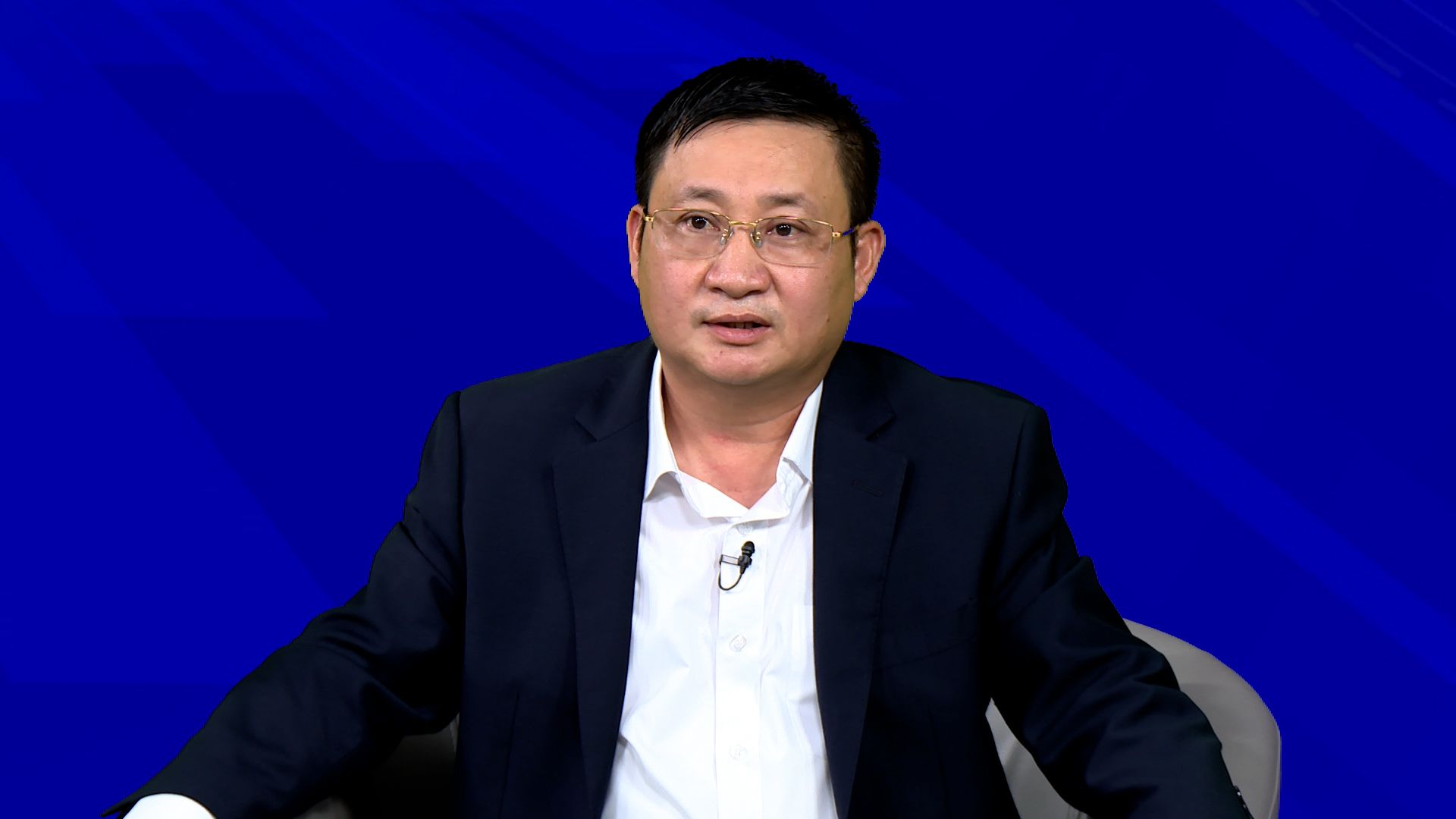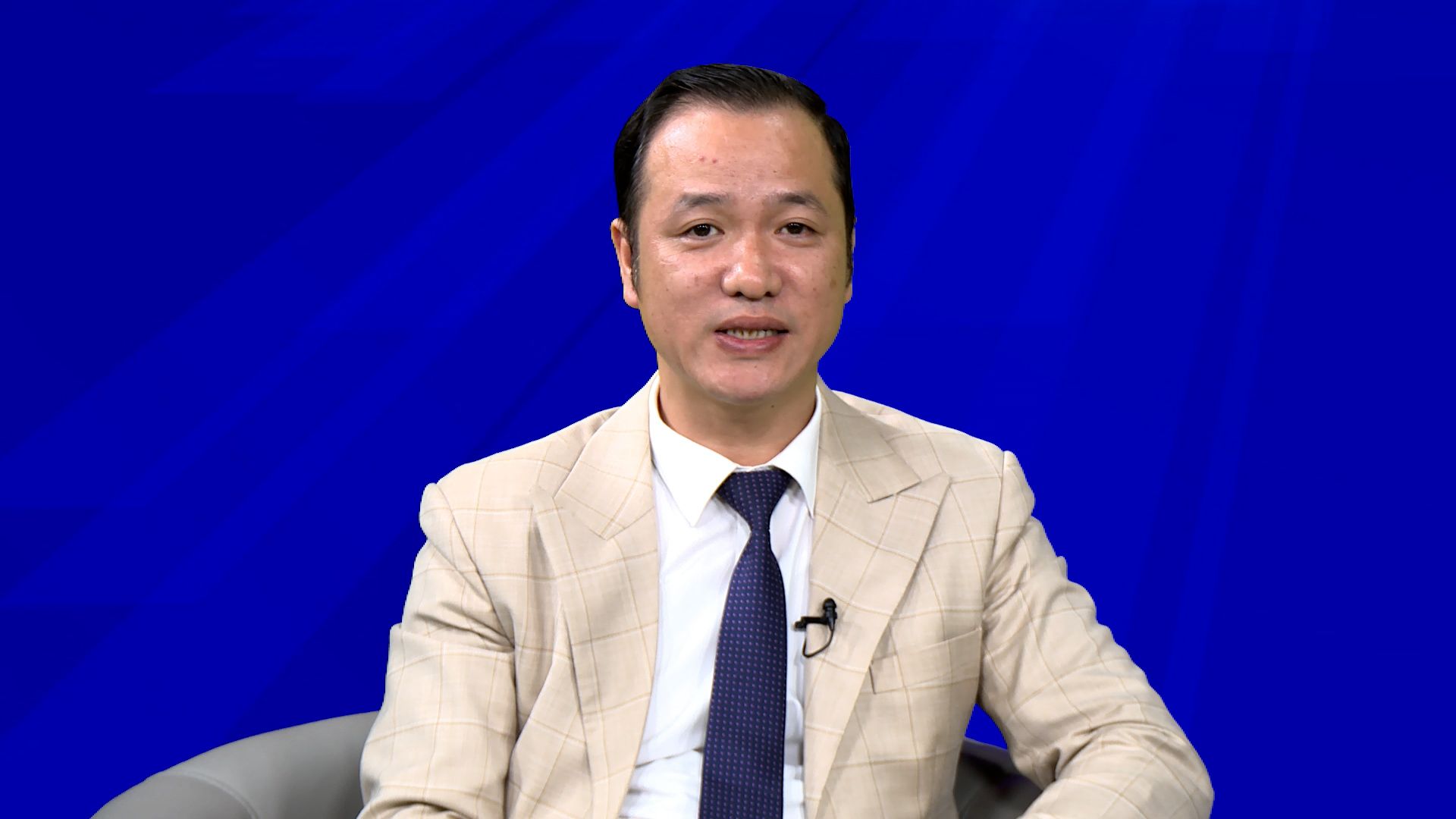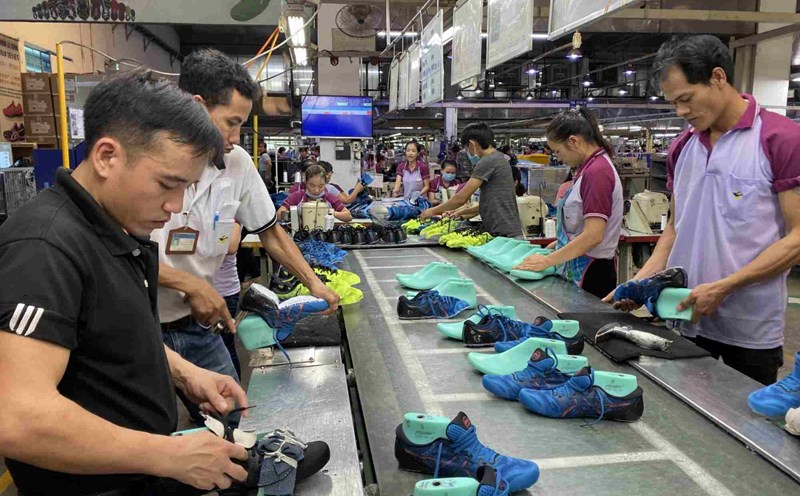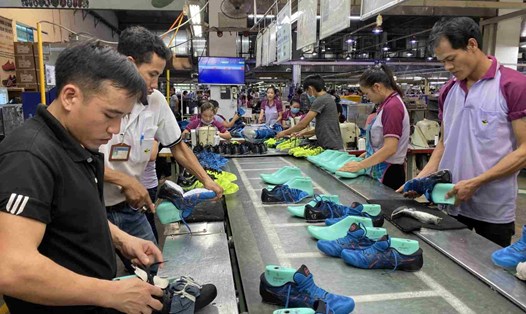Vietnamese businesses can master difficult jobs.
At the seminar "Diversifying markets, developing mechanical products" organized by Industry and Trade Magazine on December 9, Dr. Phan Dang Phong - Director of the Institute of Mechanical Research said that currently, the domestic mechanical market has very good changes in both quantity and quality.
According to Mr. Phong, with the development of strategies and policies for enterprises associated with the development strategies and plans of economic sectors, the domestic mechanical market has had positive changes in both quantity and quality.
For example, in the field of automobile and motorbike manufacturing, up to now, automobile and motorbike assembly lines have mostly been undertaken by foreign units such as Honda, Toyota, Hyundai...

However, starting in 2012, the Institute of Mechanical Research sent a group of engineers to learn, receive, and transfer technology from units in Japan and Korea; up to this point, we have been self-sufficient in designing and manufacturing automobile assembly lines.
Recently, we have succeeded in applying the assembly line to produce and assemble Vinfast cars and the assembly lines have been put into operation, contributing to the launch of a number of car models such as VF7, VF8, VF3.
"This shows that Vietnamese people and Vietnamese businesses are completely capable of mastering difficult jobs that have previously been the privilege of foreign contractors," Dr. Phong affirmed.
Revenue increased by 260-280% thanks to surge in demand
However, Dr. Phan Dang Phong also frankly admitted that the response to the domestic and export mechanical market is still very modest, especially in the field of complete equipment.
For example, thermal power plants, hydropower plants, new energy plants, renewable energy plants, cement plants or raw material production plants... we only meet less than 30% of the equipment demand value.
The reason is that we do not have many "leading crane" enterprises that possess source technology, have enough capacity and experience to carry out complete projects.
Sharing the same view, Mr. Nguyen Duc Cuong - Vice President of Hanoi Supporting Industry Association - said that there are still limited Vietnamese mechanical enterprises with names and brands. Most Vietnamese enterprises are suppliers of components and spare parts for FDI enterprises in the electronics, printers, washing machines, automobiles, motorbikes, etc. industries.

In the field of machine manufacturing, the proportion of FDI enterprises participating in production activities in Vietnam is very large. Meanwhile, Vietnamese enterprises mostly produce components and detailed accessories to supply back to FDI enterprises.
"If there is a source of interest-free investment capital, Vietnamese enterprises will have opportunities. When I went to Japan, they also had similar sources of capital and directly supported enterprises. Along with that is technological support to gradually increase automation and in-depth investment in research and design," said Mr. Phong.
Mr. Cao Van Hung - Director of International Market Development, Smart Vietnam Precision Engineering Company - said that in recent years, Vietnamese enterprises have benefited greatly from the wave of shifting from international markets. Especially companies that want to withdraw from China and diversify their supply chains and move to Vietnam.
In fact, at Smart Vietnam, this year's revenue increased by 260-280% thanks to the sudden increase in demand from customers for mechanical products. In particular, the enterprise has invested heavily in sales, research and development, but still needs government policies to support investment in modern machinery and equipment, reduce competitive prices...
"However, we hope that current policies for businesses will be simplified, or that we will have a mechanism to help businesses access capital more easily," Mr. Hung expressed.











